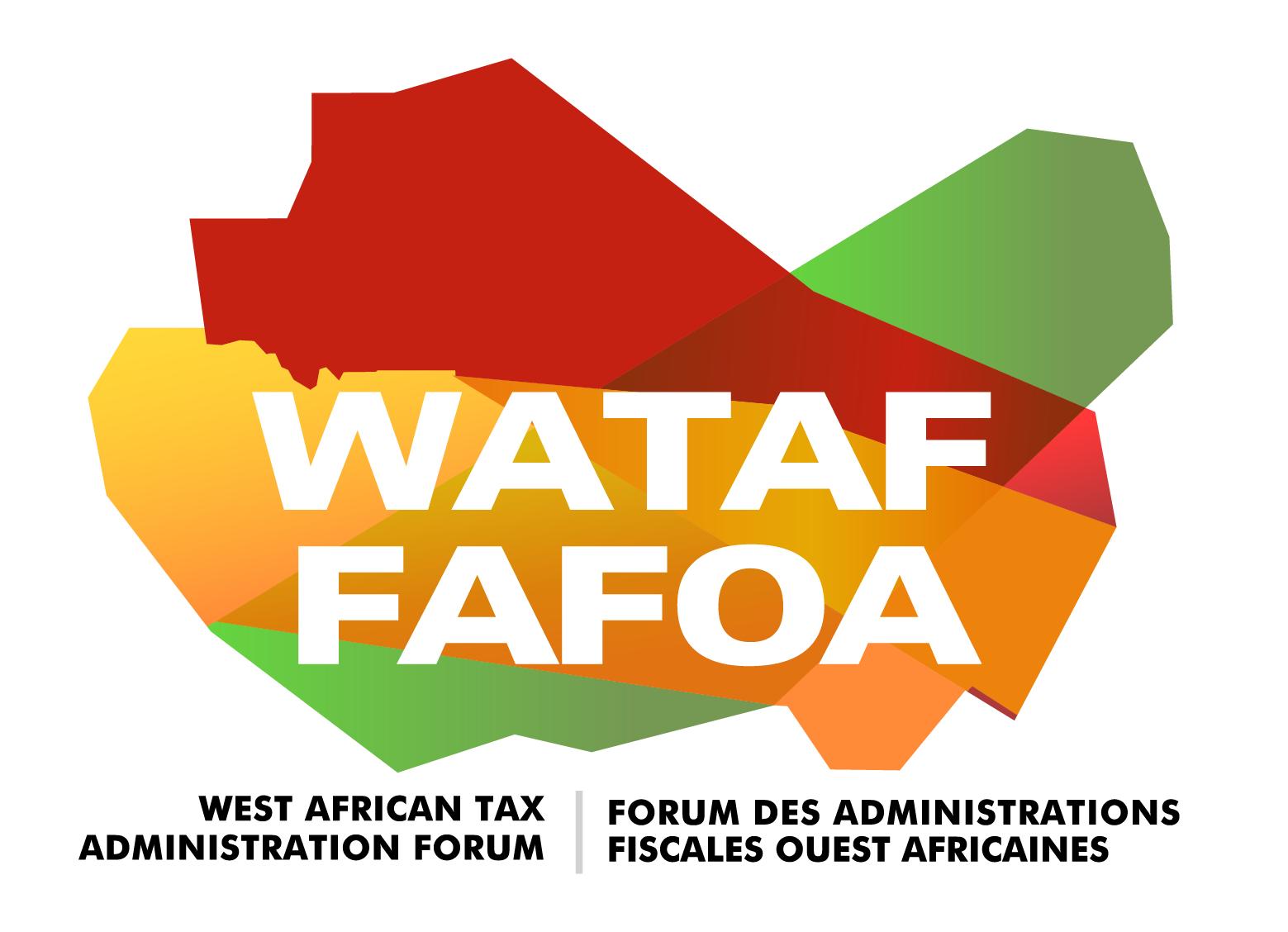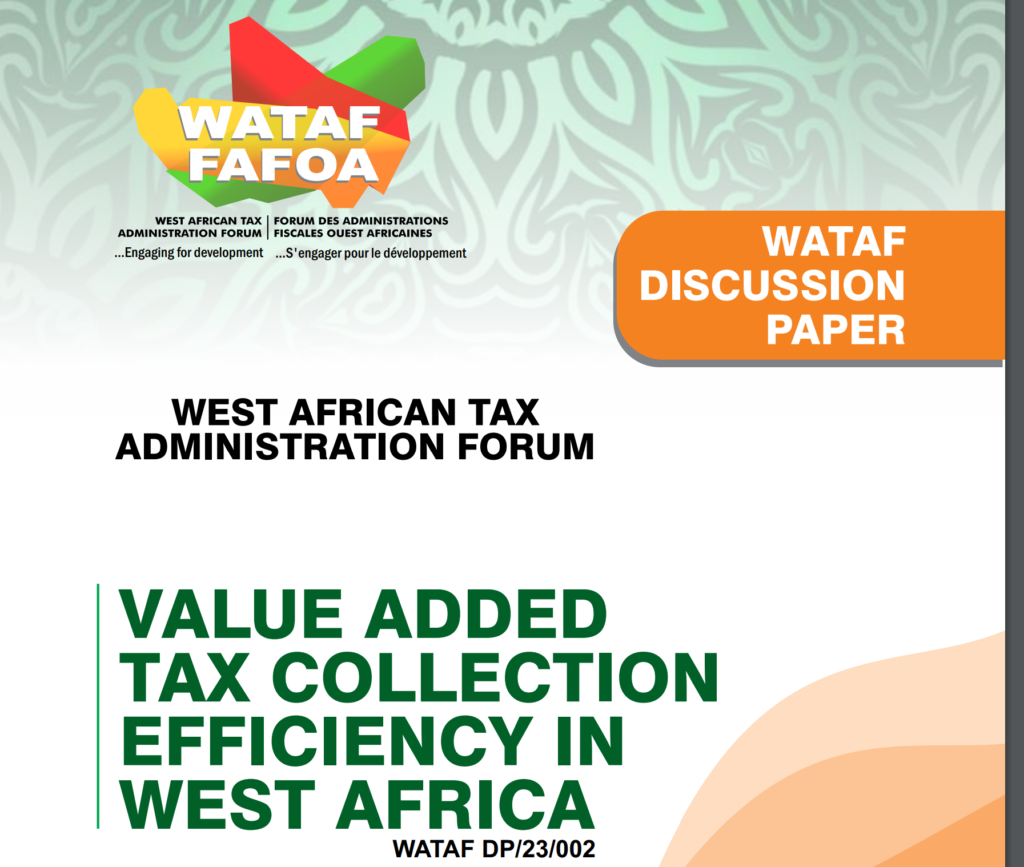WATAF DP/23/002
The intention of most governments to improve the collection efficiency of the tax system is borne out of the pressure to raise more revenue to fund the provision of public goods and services whose demand keeps increasing. While the overall tax system may score high or low in its efficiency rating at a certain point in time, the same may not be true for each tax type, including the Value Added Tax (VAT). VAT is a form of consumption tax that is being implemented in 187 countries (including at least 14 in West Africa (Price Waterhouse Coopers (PwC), 2022)) since it was first advanced in the early 20th century in the United States of America by Adams T. Sewell. VAT as a consumption tax covers a wide range of goods and services, giving it a broader tax base and strong potential to spur growth and also create some distortions. The tax is administratively convenient to collect but its channels of collection can easily be complicated by third-parties that collect it on behalf of revenue authorities. Read more:








 Views Today : 17
Views Today : 17 Total views : 37633
Total views : 37633